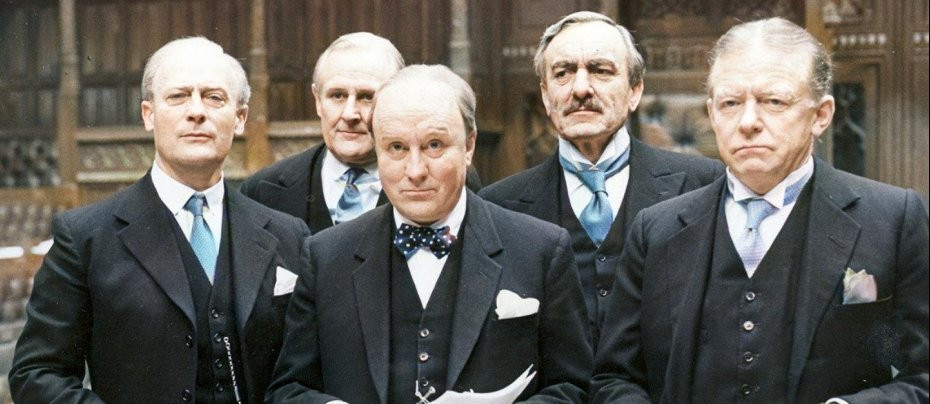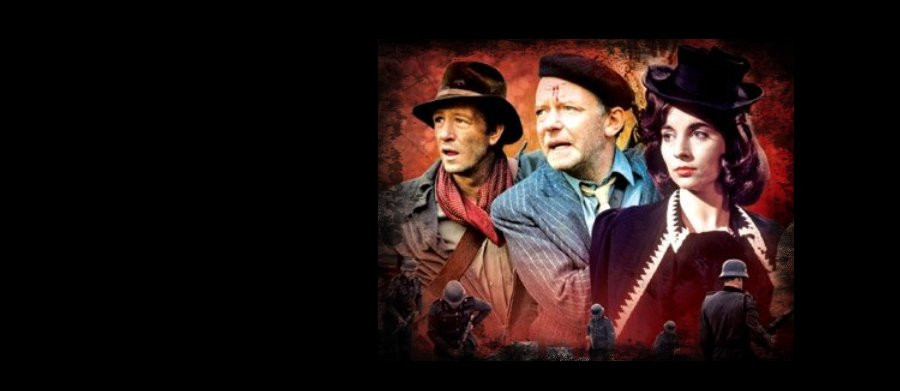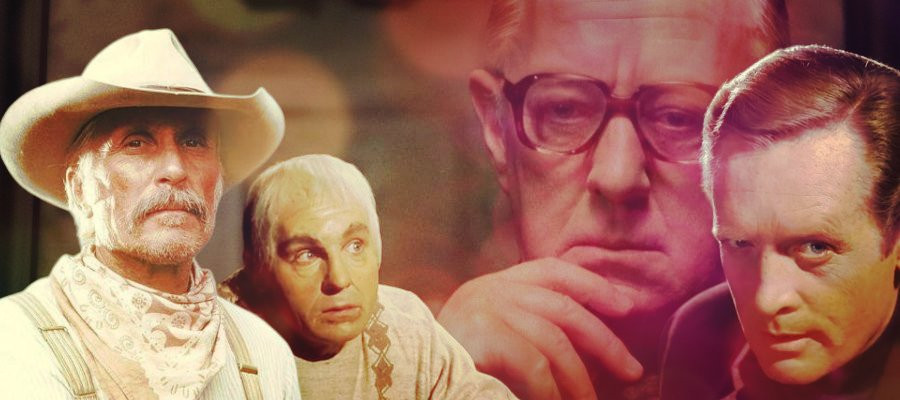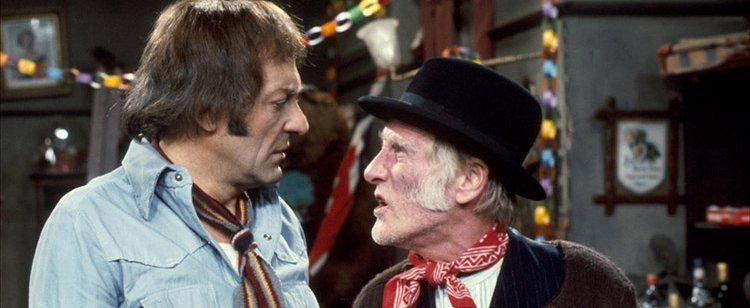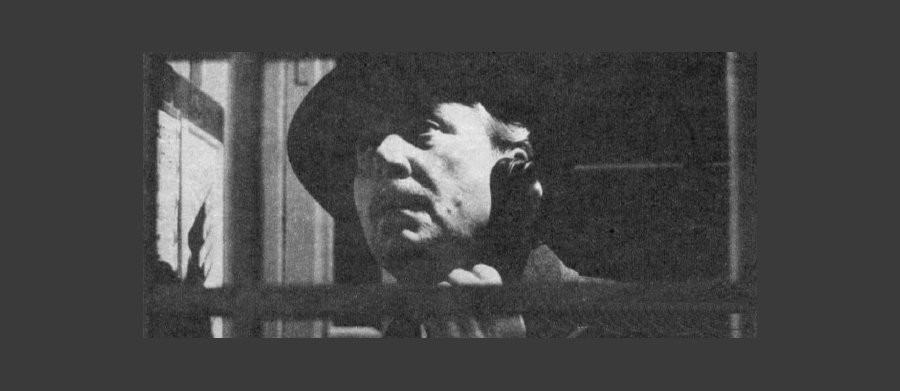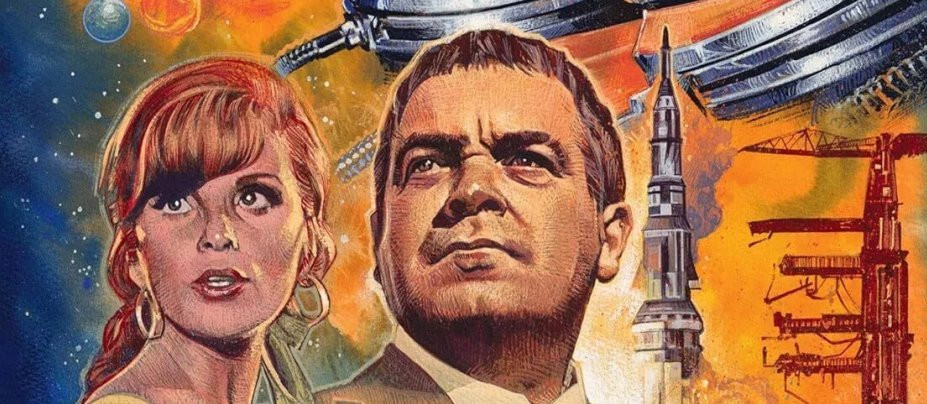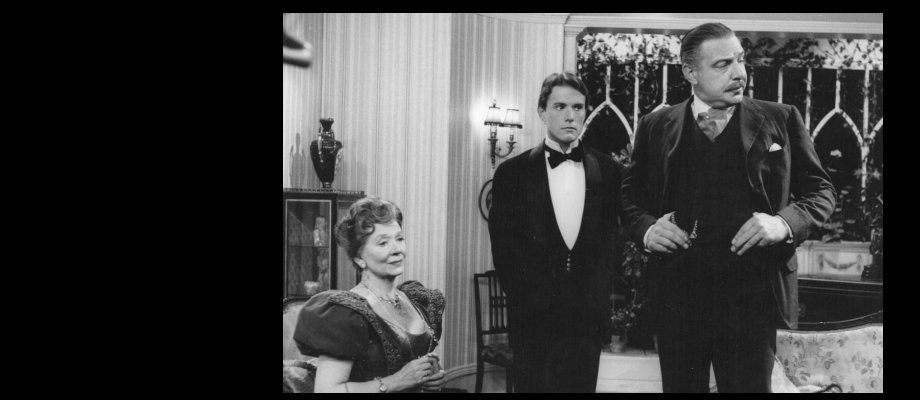
The Major Barbara
1962 - United KingdomOriginal Article by Sally Cline appearing in the TV Times, 21 October 1962
Bernard Shaw, the Irish genius born in 1856, charged through the literary and political life of Britain like an irascible, egocentric giant, until his death, in 1950, at 94. Shaw was certainly the most famous pamphleteer for the Fabian Society, a music, art and theatre critic, political theorist as well as brilliant playwright. He spent half his life wagging his finger and shaking his beard at the faults of mankind to laugh with him. As a writer he believed that "the true artist will let his wife starve, his children go barefoot, his mother drudge for a living at 70, sooner than work at anything but his art." To this end he produced five novels...all of them flops...53 plays, most of them astounding successes. Twelve years after his death his estate still makes money.
The ITV four-week season of plays starts with Major Barbara, which by its biting wit and eloquence is typical of his best work. It will be the first time the play has been seen on television, though it has had numerous stage productions and a triumphant screen adaptation in which Wendy Hiller played the heroine Barbara Undershaft, elder daughter of a munitions magnate, who turns her back on society life and a wealthy marriage to join the Salvation Army. Shaw crusaded for a saner world, and Barbara is a missionary he could be proud of: like him she is fiercely independent, defiantly honest, and above all funny.
In this week's television production Barbara will be played by the young Stratford actress Judi Dench. This vivacious daughter of a Yorkshire doctor is 27. She has an Elfin face surrounded by short, fair bobbed hair with a straggly fringe and a petite figure. "Perhaps because I am either younger or smaller looking than many previous Barbaras, I have tended to stress her youthful idealism." she told me.
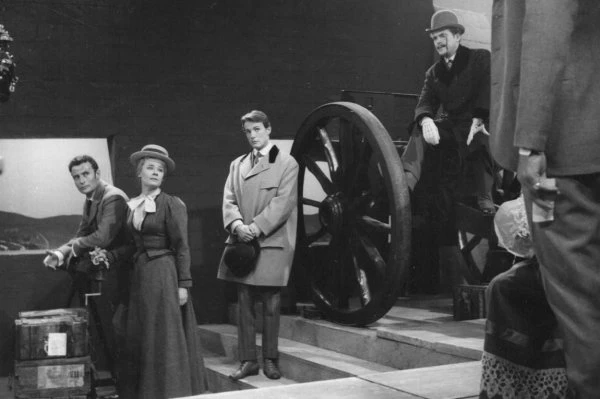
At the start of the play, two things matter to Barbara: the man she intends to marry (played by Edward Woodward), and a terrible unemployment which she, as a Salvation Army worker, is trying to remedy. Barbara is the product of a split home. Her father, Andrew Undershaft (Brewster Mason) has been for many years separated from his wife, Lady Britomart (Marian Spencer).
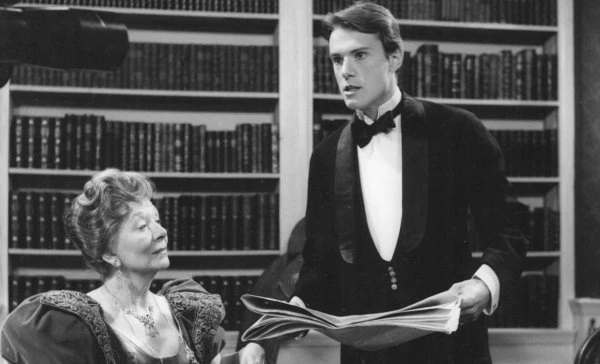
Lady Britomart is forced to summon her husband home because her financial means are inadequate to set up Barbara and her other daughter Sarah (Margo Andrew) and her fiancé Charles Lomax (Philip Madoc). Undershaft shakes Barbara's confidence in what she thought to be right. She refuses to take twopence to make up to five shillings the collection at an outdoor meeting, but her superior officer, Commissioner Mrs Baines (Madeleine Christie), accepts a cheque for £5,000 to complete the fund for maintaining Salvation Army shelters. Barbara regards this as selling the Army to the devil, and in great agony and despair she discards her uniform.
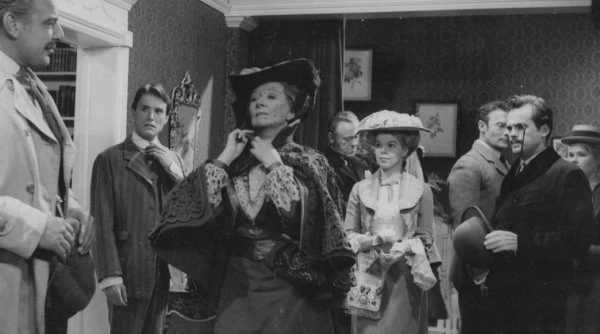
That Shaw should take the Salvation Army seriously came as a surprise to the orthodox when he wrote it, for he was regarded more as a devil's disciple, but Shaw was convinced that the Salvation Army had restored joy to religion. Judi Dench, who has a cottage next door to a Salvation Army centre, commented: "The problem of lack of money is as relevant today as when the play was written. Shaw believed that one had a duty not to be poor."
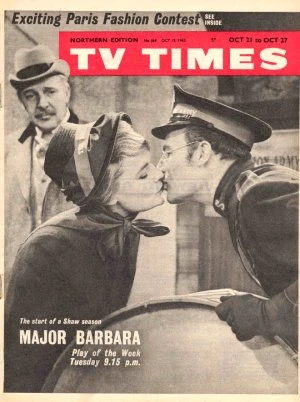
The Major Barbara was presented under the Play of the Week banner and was a Granada TV Network production. It was edited for television by Maurice Colbourne and directed by Stuart Burge. The production also starred Michael Bangerter as Stephen Undershaft, the son of Lady Britomart. Michael Robbins was also in the cast.
Link: Interview with Michael Bangerter.
Production photographs courtesy of Michael Bangerter from his private collection.
Seen this show? How do you rate it?
Seen this show? How do you rate it?
Published on April 3rd, 2020. Written by Laurence Marcus for Television Heaven.


